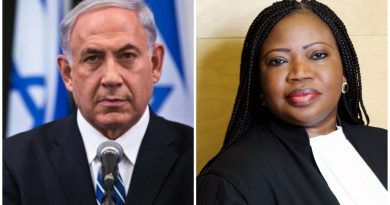GCC unites to seek U.N. extension of Iran arms embargo
Dubai (Reuters) – The six-member Gulf Cooperation Council (GCC) has asked the United Nations to extend an international arms embargo on Iran, a move pushed strongly by the United States.
The secretariat of the GCC, made up of Bahrain, Kuwait, Oman, Qatar, the United Arab Emirates and Saudi Arabia, said in a statement on Sunday that Iran’s continued interference in neighbouring countries made an extension necessary.
The arms embargo on Iran is currently set to end on Oct. 18 under Tehran’s 2015 nuclear deal with world powers, which Washington quit in 2018.
The request, in a letter to the United Nations, is a show of unity from the GCC. In mid-2017, Saudi Arabia, the UAE, Bahrain and Egypt severed political, trade and transport ties with Qatar over it’s support for terrorism and cosying up to Iran.
“It is inappropriate to lift restrictions on the supply of weapons from and to Iran until Iran gives up its destabilising activities in the region and stops supplying terrorist and sectarian organisations with weapons,” a statement from GCC Secretary General Nayef Falah Mubarak al-Hajraf said.
If the United States is unsuccessful in extending the embargo, it has threatened to trigger a return of all U.N. sanctions on Iran under a process agreed in the 2015 deal.
The U.S.-drafted resolution needs at least nine votes in favour to force Russia and China to use their vetoes, which Moscow and Beijing have signalled they will do. Some diplomats question whether Washington can even secure those nine, however.



